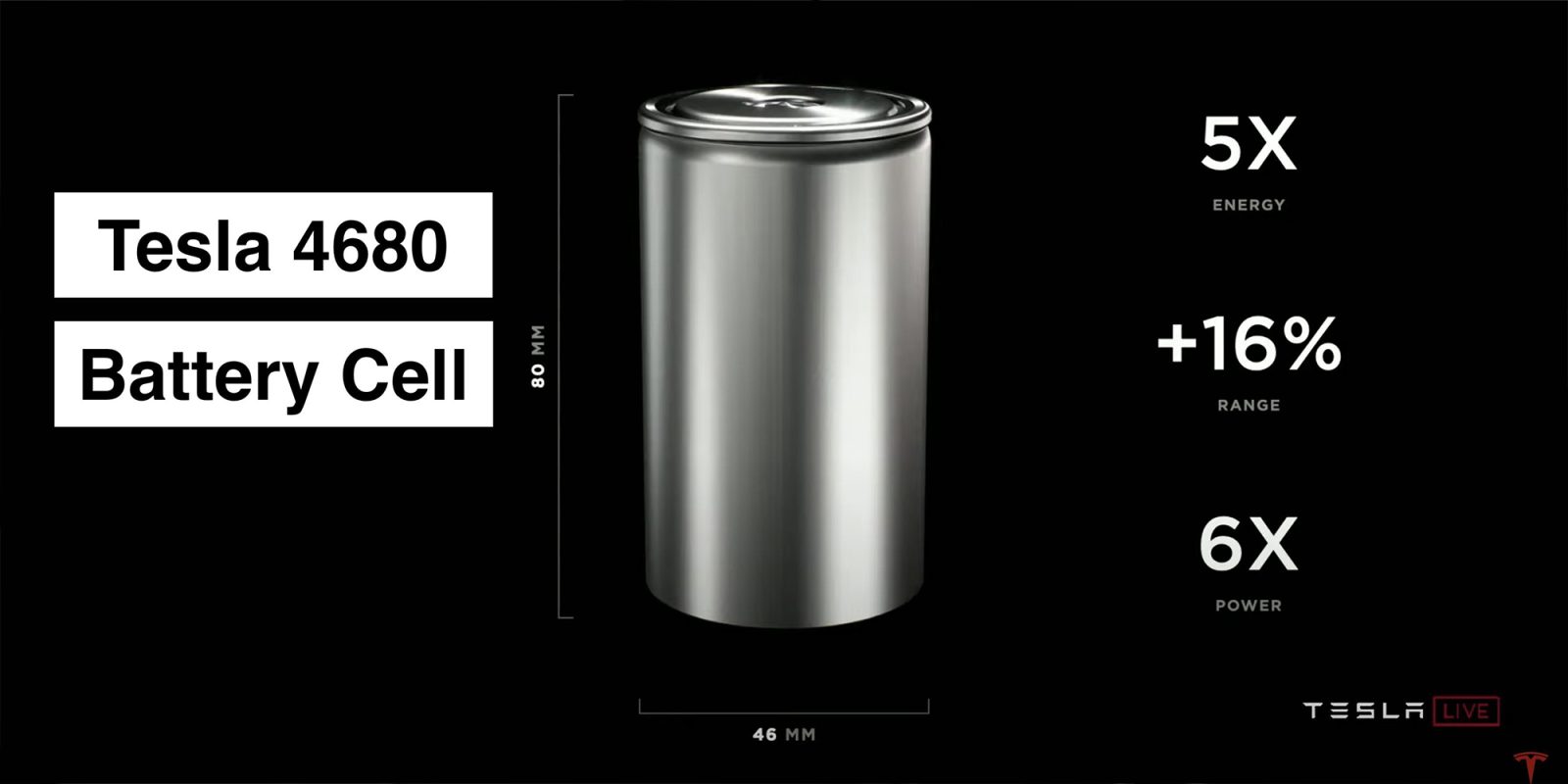
Tesla might have figured out how to make manganese-rich battery cells last longer with doped cathode active material.
Manganese-rich cathode active materials such as LiMn2O4 have long been considered an interesting option for their low cost, high voltage, and relatively low environmental impact, but they haven’t been seriously considered for electric vehicles due to a tendency for rapid degradation.
Now, Tesla has patented new ‘doped manganese-rich cathode active materials’ that it claims increase the longevity of those battery cells.
In the patent application, Tesla writes that its “doping” of the materials results in better capacity retention at 50 cycles than regular manganese-rich cathodes:
Provided herein are various embodiments of doped manganese-rich cathode active materials with improved capacity retention and prolonged cycle life, and methods for preparing the doped manganese-rich cathode active materials. Doping of the manganese-rich cathode active materials may aid in reducing the manganese dissolution from the Mn-rich cathode active material, such as the lithium manganese oxide spinel (“LiMn2O4”), and reduce the subsequent cell degradation and capacity fading. In some embodiments, the improved doped manganese-rich cathode active materials described herein may aid in reducing manganese dissolution from the doped manganese-rich cathode active materials, and thereby improve cycle lifetimes and capacity retention in energy storage devices.
They released these results showing as high as 94% retention at 50 cycles:


Electrek’s Take
50 cycles is still nowhere near enough for electric vehicles, as it would represent about 12,000 miles of driving.
That said, 94% capacity retention at 50 cycles is a good sign as degradation often slows down and therefore, the battery could still have decent retention at much higher cycles.
This is an interesting development that could eventually result in wider use of manganese-rich active cathode. We will have to wait and see.
FTC: We use income earning auto affiliate links. More.